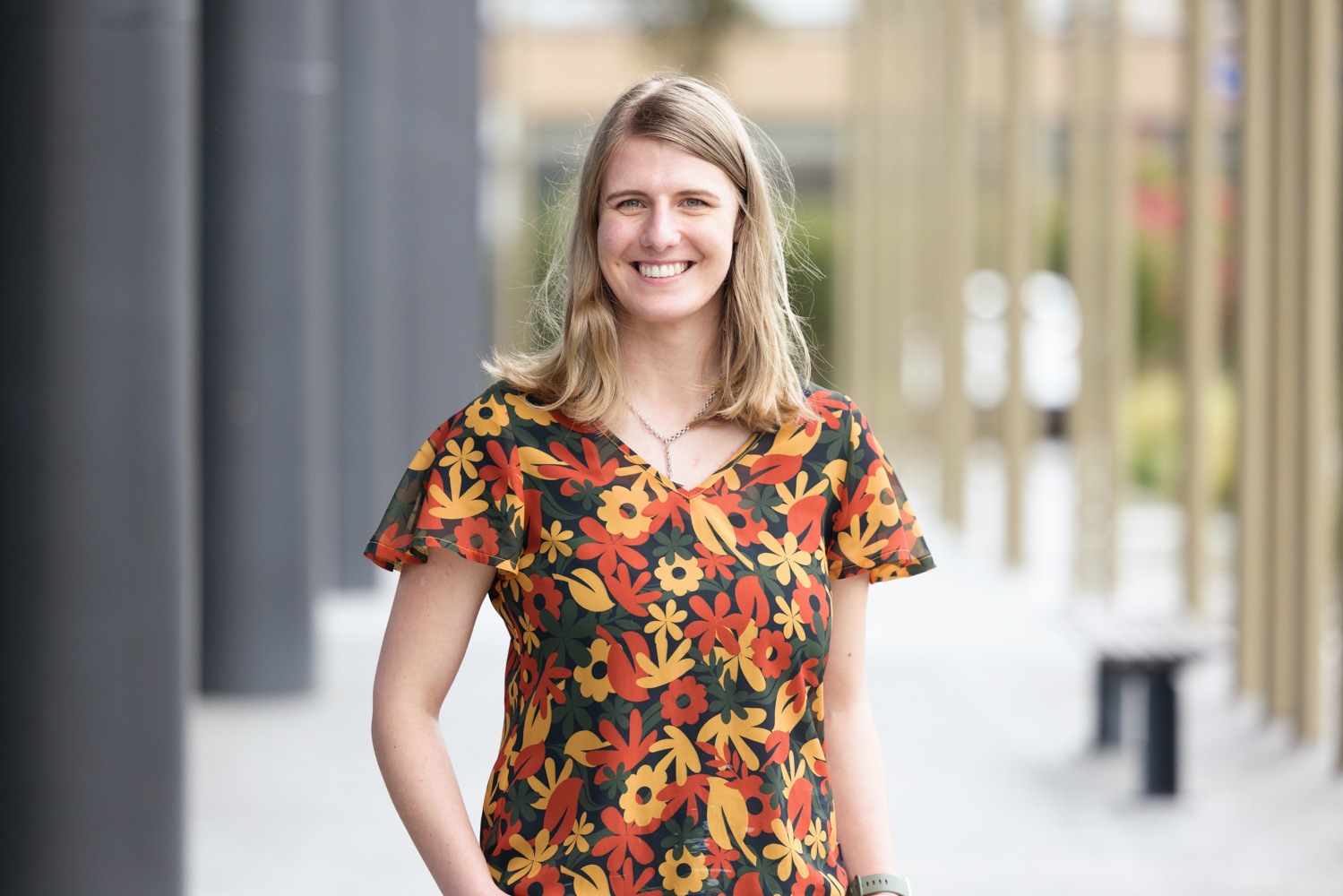Priority Theme: Surveillance
Discipline: Microbiology, Genomics, Antimicrobial Resistance
This research project will provide insights into antimicrobial resistance (AMR) in New Zealand’s environment and develop strategies to enhance surveillance, strengthen connections between scientific research and community groups, and contribute to better strategies for mitigating the transmission of AMR.
Dr Rose Collis will compare the potential of māwhaiwhai (spider webs) and freshwater for monitoring biodiversity and AMR. She will build relationships with mana whenua and community groups to interweave mātauranga Māori and western science. The project will focus on collecting water samples and māwhaiwhai from sites in the Tararua district, representing sites with contrasting land-uses such as urban, agricultural, and natural areas.
DNA will be extracted from the environmental samples and analysed using Nanopore long-read metagenomic sequencing to examine the microbial composition, detect pathogens, and identify AMR genes. Māwhaiwhai and freshwater samples will also be sent to Wilderlab for environmental DNA analysis to monitor the biodiversity at the sites and assess ecosystem health.
>> PROJECT STARTED - 1st June 2024
>> IMPACT CASE STUDY (PDF) April 2025


